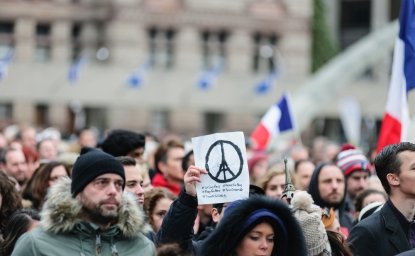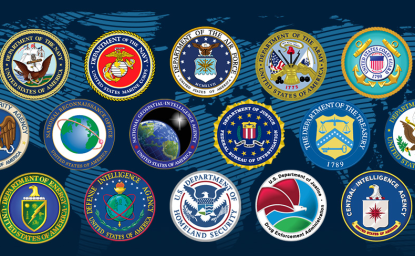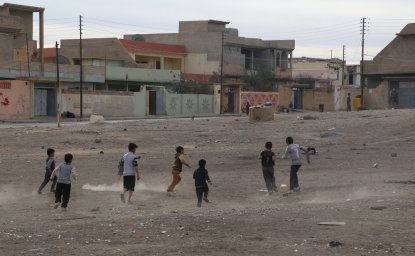The recent terrorist attack on the Radisson Blu hotel in Bamako, Mali, has been claimed by Al Mourabitoun, a group affiliated with Al-Qaeda in the Islamic Maghreb, although the Malian government now claims that it suspects that another group, the Macina Liberation Front, was responsible for the attack. The November 20 attack, which came on the heels of terrorist attacks in Lebanon, France and Nigeria, serves as a reminder to African and international policymakers on several fronts.
First, the fact that these attacks were waged with devastating impact by at least four different groups in a very short span of days is a reminder to the international community not to lose sight of other terrorist groups even as the Islamic State threatens to monopolize the attention of Western governments.
Second, the Bamako attacks are a powerful reminder of the role of governance in the fight against terrorism. The political vacuum created by the 2012 military coup, the flow of extremists and arms into Mali from Libya after Muammar Gaddafi’s fall, and the subsequent Tuareg rebellion after years of failed peace agreements all combined with catastrophic results as extremists were able to take over large swathes of Mali’s territory. In 2013, France sent some 4,500 troops to combat the extremists, elections were held to select a new president, and a peace accord was signed in early 2015, all in an effort to put Mali on the path to normalcy. Although France succeeded in dispersing the extremists, it did not destroy them; the restored central government in Bamako remains weak; and the peace accords have been slow to yield the intended results. The August and November 2015 Bamako attacks suggest that the terrorists have regrouped and are now brazen enough to bring the fight to the seat of government. It is clear that Mali’s vulnerability to extremism will continue unless there is a more concerted and better coordinated effort to address the underlying governance faultlines.
Third, Mali’s governance situation deserves special attention because of the country’s geopolitical position straddling the Sahel and sub-Saharan Africa and, therefore, its potential role as part of the bulwark against the southward spread of extremism.
Fourth, the target of a hotel frequented by foreigners was intended for maximum international impact, further demonstrating the global nature of this challenge and the need for a global response. The international community, including the African Union, France, the United Nations (UN), and the United States, has done much to try to get Mali back on its feet. International efforts include the deployment of French troops as well as African and UN peacekeeping missions, and the implementation of Trans-Sahara Counter-Terrorism Program, a U.S. program focused on diplomacy, defense, and development in several countries in North and West Africa.
In light of the evolving situation in Mali, it is necessary to revisit these and other efforts to determine how effective they have been in working together to bring peace, destroy the extremists, address governance challenges, and reduce Mali’s vulnerability to extremism. Otherwise, losing the fight in Mali will have serious implications for Mali and the region.
The opinions expressed here are solely those of the author.
Author


Africa Program
The Africa Program works to address the most critical issues facing Africa and US-Africa relations, build mutually beneficial US-Africa relations, and enhance knowledge and understanding about Africa in the United States. The Program achieves its mission through in-depth research and analyses, public discussion, working groups, and briefings that bring together policymakers, practitioners, and subject matter experts to analyze and offer practical options for tackling key challenges in Africa and in US-Africa relations. Read more

Explore More
Browse Insights & Analysis
Wilson Perspectives: Implications of the Paris Attacks

An Act of Terror Cannot Occur on Russian Soil

